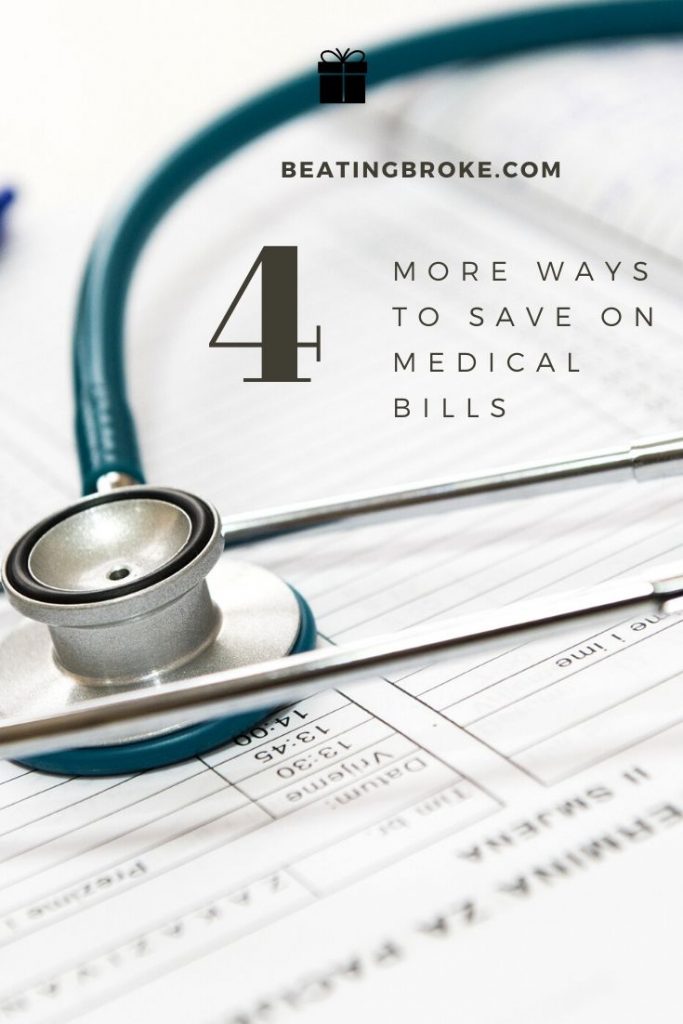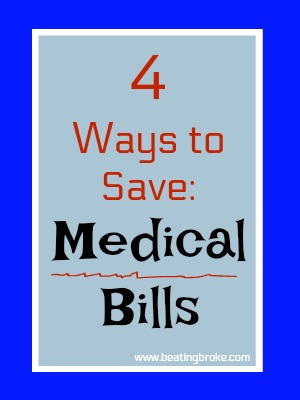
Growing up, my parents were overweight and inactive. I was chubby through most of my childhood and disliked physical activity. When I was in my 20s, I slimmed down and exercised sometimes, but not much. In my 30s, I still exercised occasionally, but not regularly, and my weight crept back up. I knew as I aged I should exercise more, but I just couldn’t find the motivation. That changed when I began to experience heart issues.
Why My Health Became a Priority
Heart problems run in my dad’s family. I always thought I was fine because despite my inactivity and being overweight, my bloodwork always came back normal. Cholesterol was in normal range as was blood sugar. I knew I’d have to get serious one day about my health, but I kept putting it off.
When I started feeling heart palpitations, I went to the doctor. I had a stress test, and the doctor told me I had a heart murmur, arrythmia, and PVCs. His prescription? Walk two miles every day.
Implementing the Doctor’s Advice
When I received this advice from my doctor, I was obese and inactive. I started walking and watching what I ate. At first, I could only walk a half mile a day. But the more I walked and lost weight, the easier it became. Now, a year after that doctor’s appointment, I’ve lost nearly 50 pounds and am walking two to two and a half miles a day. My heart issues have largely subsided, and even better, my fasting blood sugar has dropped nearly 15 points.
Getting Healthy Doesn’t Have to Cost a Lot
For the first few months, I walked outside. However, I spent $350 to buy a treadmill to avoid walking in the Arizona heat. That’s all I have spent on my journey to get healthier.

When I compare that cost to how much I would pay in medical bills and medicines I would need if I didn’t take care of my health, getting healthier is much cheaper.
Benefits of Prioritizing My Health
There are two major benefits to prioritizing my health.
I Feel Better
Now that I’m exercising regularly, I feel much better. I sleep better, and my body feels lighter and stronger. I am able to get more done in a day.
I Avoid Expensive Medical Interventions
I should have exercised regularly years ago. Who knows? Maybe if I had, I would have avoided having any heart issues or at least delayed their onset. But I can’t change the past. Instead, I’m focusing on eating healthy and exercising regularly. Even starting these habits in midlife can affect the quality of my life as I age and help me avoid expensive medical interventions.
Final Thoughts
Many of us are guilty of thinking we’ll start a healthy lifestyle. . .sometime. But I’m here to tell you there is no time like the present. Not only will you feel better, but you’ll save yourself money by avoiding expensive medical interventions and chronic conditions.
Read More
Healthy Foods to Buy When Broke
How to Coupon for Healthy Foods
Save Money and Eat Healthy: Rent an Apple Tree
Melissa is a writer and virtual assistant. She earned her Master’s from Southern Illinois University, and her Bachelor’s in English from the University of Michigan. When she’s not working, you can find her homeschooling her kids, reading a good book, or cooking. She resides in New York, where she loves the natural beauty of the area.



